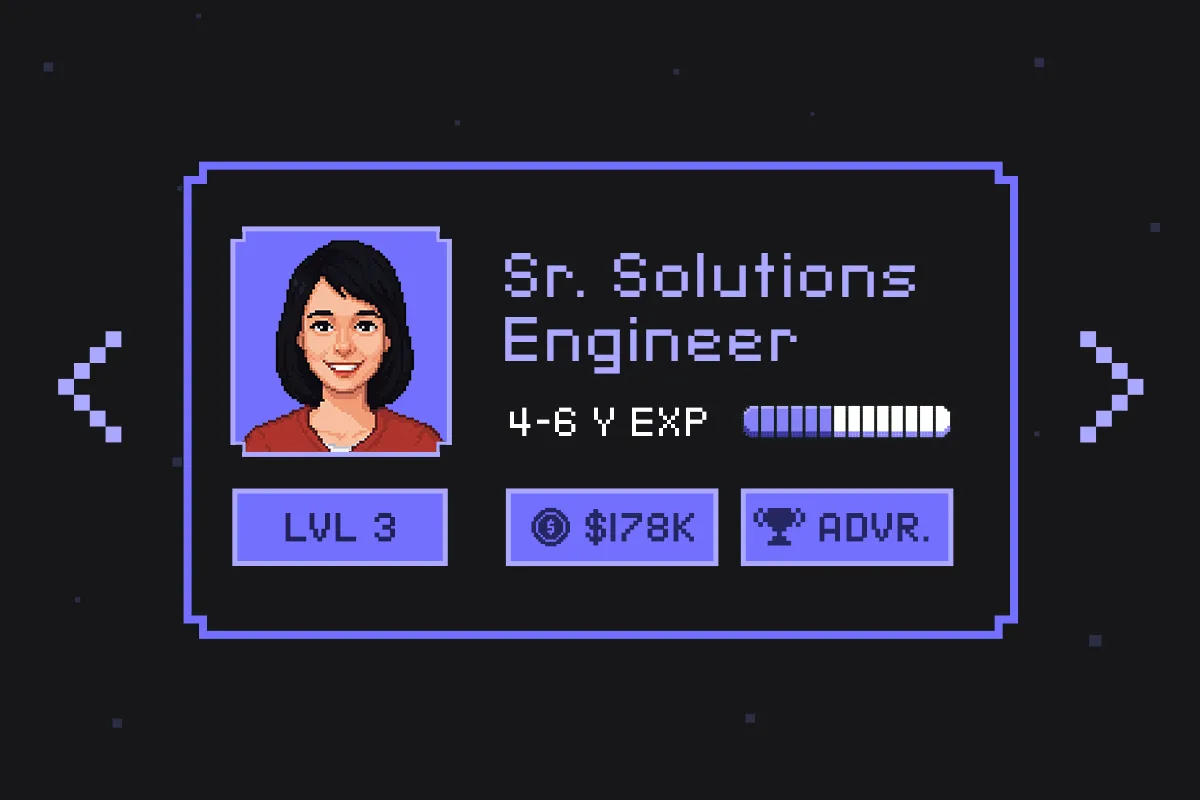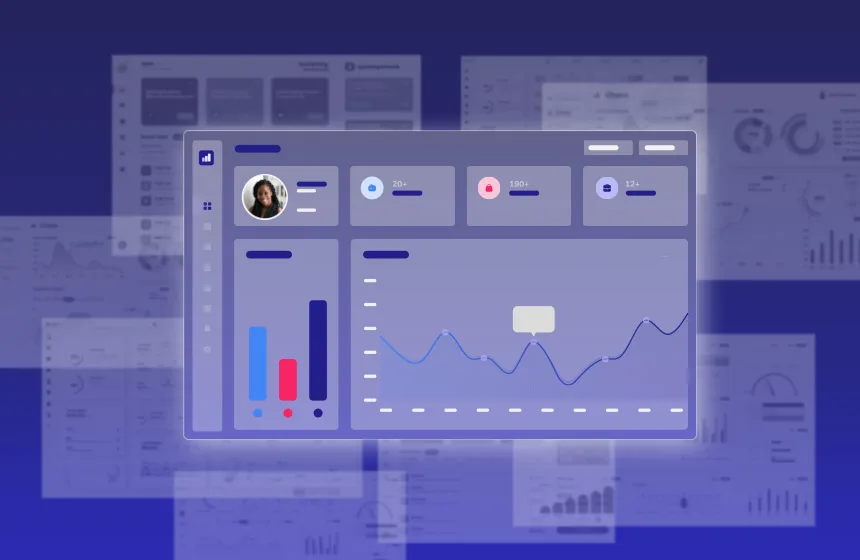Three Data-Backed Ways SEs Can Advance Their Careers

May 7, 2025
Table of Contents
Solutions Engineering is one of tech’s fastest-growing roles, and it’s easy to see why. Customers are less patient with drawn-out sales cycles and demand quick, accurate answers to their technical questions. Rather than watching canned demos that simply highlight product features, customers expect custom demos from product experts that address their unique needs and prove clear value. This is where Solutions Engineers (SEs) come in.
But what separates the average SE from those who climb the career ladder? To answer that, we surveyed more than 400 SEs for our 2025 Solutions Engineering Career Guide.
Here’s what we learned about how SEs can level up in their careers through technical expertise, strategic influence, and mastering AI.
1. Solutions Engineers Should Invest in Their Technical Expertise
While great communication skills are foundational, SEs who invest in their technical capabilities are seeing the most significant career growth. Our research found that SEs believe improving technical skills is the fastest path to career advancement.
In fact, 42% said it’s the most important skill for career growth compared to just 11% who said it’s their biggest strength today.
SEs said these technical areas matter most:
- Cloud platforms such as AWS, Azure, and Google Cloud
- API architecture and integration skills
- Programming languages like JavaScript and Python
- Front-end development using HTML, CSS, and popular frameworks like React or Node.js
- Generative AI and automation tools
SEs who master technical skills can create richer, more detailed, and more customized solutions. With deeper understanding, they’re able to anticipate complex buyer questions, showcase advanced product features, and clearly demonstrate the technical value of their solutions. This level of precision not only elevates demos but also establishes SEs as trusted experts capable of driving meaningful conversations with technical buyers, ultimately boosting win rates, pipeline velocity, and customer confidence.
2. Solutions Engineers Should Expand Their Influence Beyond Sales
Building technical credibility isn’t just important for Sales. It can transform Solutions Engineering teams into trusted advisors who directly influence product roadmaps, engineering decisions, and customer success strategies. Top SEs proactively build relationships and offer their expertise across departments.
However, our survey revealed an interesting gap:
- 88% of SEs believe they should frequently collaborate with Product teams, but only 66% actually do.
- Similarly, 74% think closer partnership with Customer Success is valuable, yet just 60% report regular collaboration.
Bridging this gap offers significant growth opportunities. Solutions leaders should position their team as a strategic resource for groups such as Customer Success and Product, provide clear goals and KPIs to measure their influence on these functions, and create cross-functional councils to collaborate more effectively. Standout SEs, for example, can play a huge role in customer retention by educating and enabling customers, as well as identifying churn risks before they lead to revenue loss.
3. Solutions Engineers Should Automate Processes with AI
Some may think AI and automation threaten the human side of the SE role. Our survey results said otherwise. A strong majority (80% of SEs) said they anticipate that AI will become crucial to their role by 2025. Forty percent also said that “automating processes with AI” will be the most impactful trend for SEs in 2025.
Instead of replacing SEs, AI automates repetitive tasks, allowing more room to use their uniquely human strengths — such as storytelling, empathy, and strategic judgment.

Another important skill? SEs who know how to navigate the challenges of demoing AI will be in high demand, as more products incorporate AI capabilities into their products.
Key Takeaways
-
Technical skills are the top driver of SE career growth
-
Cross-functional influence sets standout SEs apart
-
AI isn’t a threat — it’s a time-saver and differentiator
-
SEs who adapt quickly will lead the next wave
Ready to Level Up Your SE Career?
Whether you’re aiming for a promotion, want salary benchmarks, or are curious about the top skills needed to advance as an SE, you’ll find the data and advice you need in our latest guide.
Download the full 2025 Solutions Engineering Career Guide.







